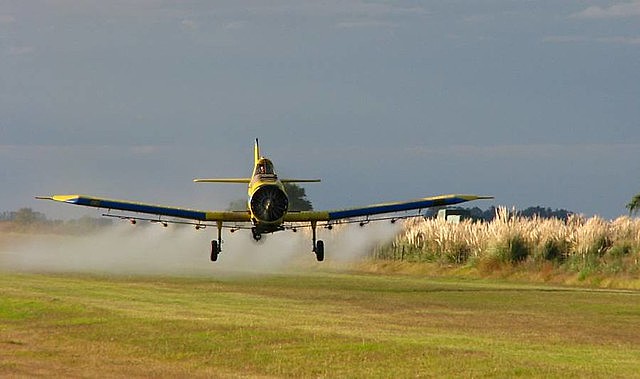As 31 pesticides were approved by the Agriculture Ministry on Tuesday, the Brazilian government has already approved 197 agrochemicals since Jair Bolsonaro took office in January.
Among the 31 pesticides registered this week, 29 were approved based on technical equivalence, which means their active substances are the same of other chemicals allowed in Brazil.
Three of them are composed of glyphosate, a substance associated with cancer that has been the target of multi-billion dollar lawsuits in the United States.
While in the entire year of 2015, for example, 139 pesticides were registered, in 2018 the number of agrochemicals approved spiked to 450. This year, the Bolsonaro administration approved 121 pesticides in only two months.
Brazil is one of the world’s top pesticide consuming countries.
Nilto Tatto, a federal congressman and member of the Workers’ Party, told Brasil de Fato that the links between the powerful farm caucus and the lobby that plotted to oust president Rousseff were crucial to meet the demands of the agribusiness industry in the country, including the approval of new agrochemicals.
After Jair Bolsonaro got elected, that relationship became even closer as the new president appointed Tereza Cristina, known as the “poison muse,” as his Agriculture minister.
Before being registered with the Agriculture Ministry, a pesticide has to be approved by the Brazilian Health Regulatory Agency (Anvisa) and the Brazilian environmental agency Ibama.
Alan Tygel, from the Permanent Campaign Against Agrochemicals and for Life, says the concerted effort between those agencies and the agriculture and environment cabinets with the agribusiness industry became stronger with the government changes made in the Bolsonaro administration.




